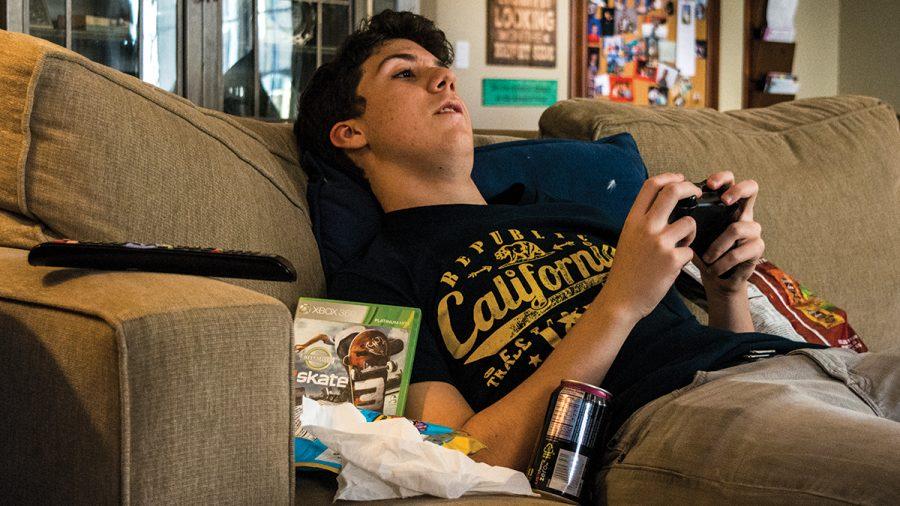Senate Bill 100
New law could decrease amount of out of school suspensions
October 21, 2016
Beginning this school year, fewer out-of-school suspensions will be issued as a result of Senate Bill 100. The bill, that passed on May 31, 2015 and took effect in September of this year, aims to lower out-of-school suspensions and help students transition more smoothly back into school.
Out-of-school suspensions will not be longer than three days, unless a student is routinely disturbing the school environment. As a result of this, the number of in-school suspensions may increase.
Additionally, the zero-tolerance policies, policies that set the standard that if one makes a mistake they are penalized, will not be supported. There will be a support system at DGN including counselors and deans that will be focused on making the transition back into school as smooth as possible.
Inspiration for this law came when VOYCE, a youth group in Chicago, discovered and documented a discrepancy between suspensions of minorities and suspensions of other students. Following a collection of data that they gathered from Illinois public schools, VOYCE took action and worked with lawmakers create a bill to lessen this discrepancy.
Junior Cecilia Kowara had an in-school suspension at the beginning of this year. She felt that her experience was not at all a proactive consequence and was unfair.
“I think they could improve [in-school suspensions] by having us do certain things while we are in suspension, like help out in the office or around the school. Another way is just to treat us like we’re a little bit older and not to check what we’re doing every few minutes. Overall, I just think that in-school suspensions are way too long to be sitting in a windowless room with nothing to do,” Kowara said.
In math teacher Laura Johnwick’s opinion, students leaving class is never optimal, but an in-school suspension is a better alternative to an out-of-school suspension. With an out-of-school suspension there is a risk that the student may take no action to do their schoolwork. Senate Bill 100 will help teachers by keeping the student in school with supervision, according to Johnwick.
“I’m for the in-school suspensions because I think that because there is an adult there they will do more work than they would by themselves. If their parents are at work, who’s there making them do their schoolwork?,” Johnwick asked.
Associate principal Kelly Zuerner is excited about this new law and how it will improve the current student discipline at DGN. She worked together with administration last year to go over new guidelines and find the best course of action is based off of looking at data from previous years.
“We’re still going to be maintaining high standards. We want to approve consistency and fairness of the discipline for our students, but also make it appropriate for each case,” Zuerner said.
In compliance with the law, the staff of DGN, as well as the staff at every public school in Illinois, will always encourage credit recovery and graduating, over getting a General Education Degree and dropping out of high school.
“We’re a really supportive community and we’re closely aligning anything we have and anything we can do to help. We’re committed to working together and making sure the students have good academics, a good social life and good emotions,” Zuerner said.


























